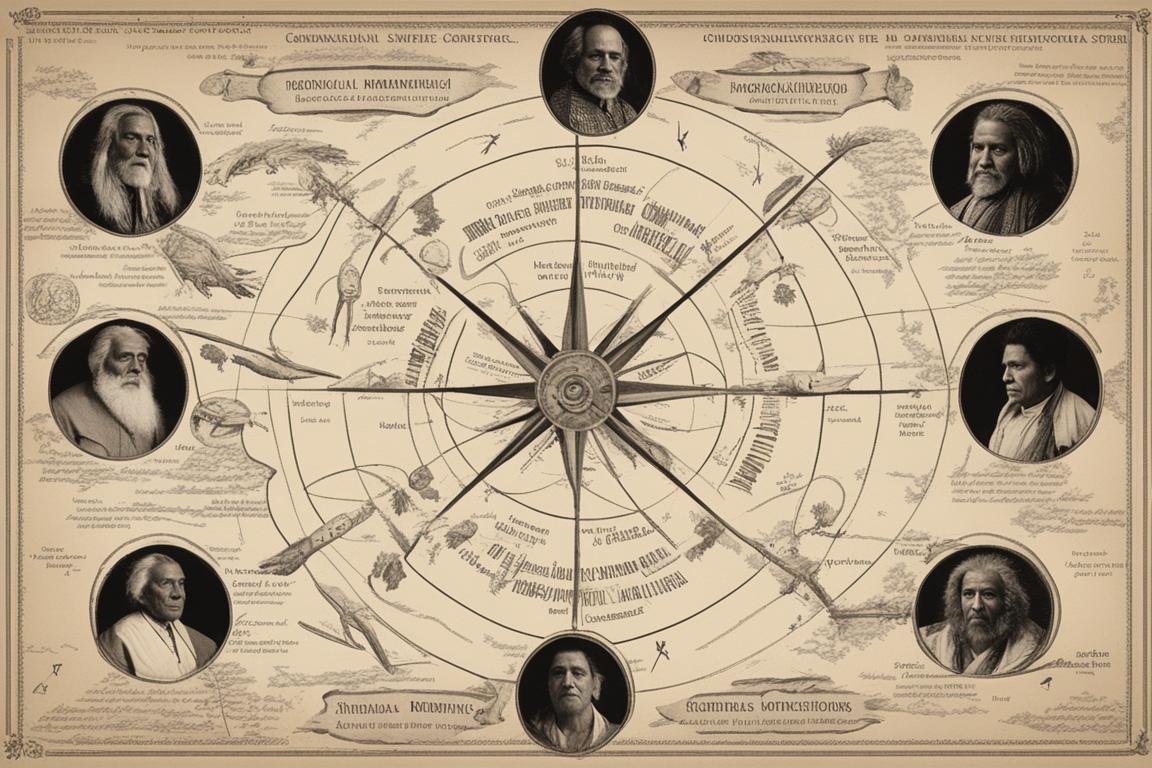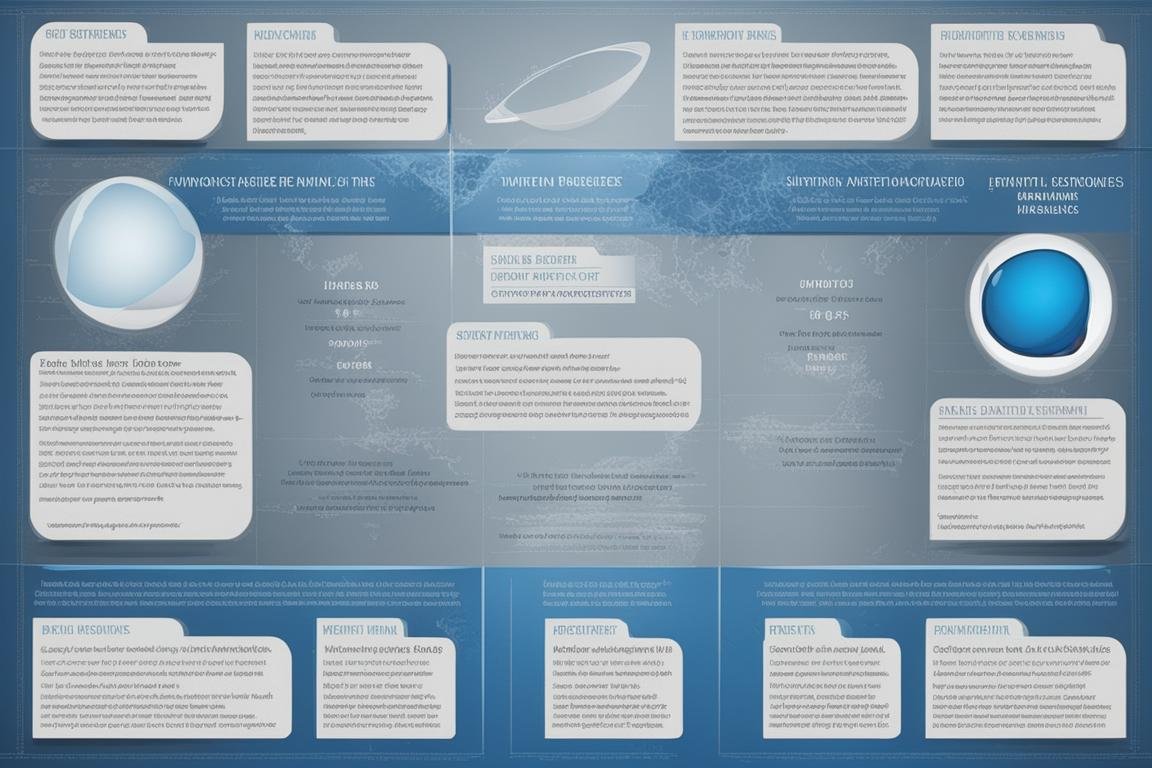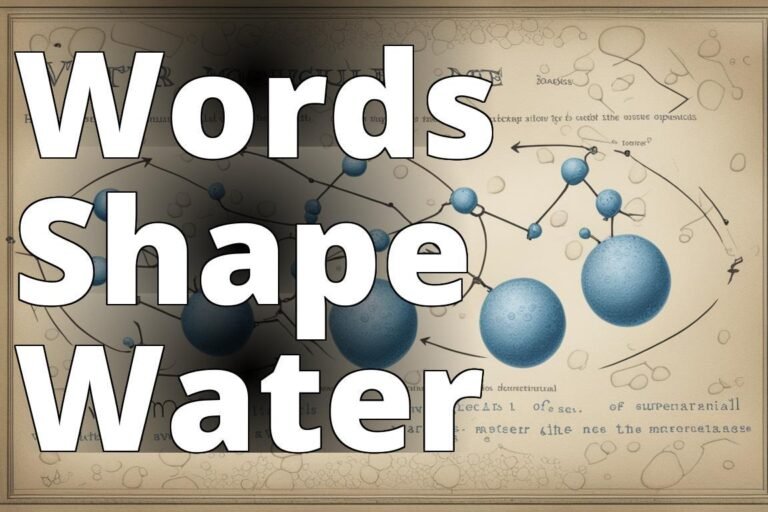How language shapes the way we think
Have you ever stopped to wonder if the language you speak shapes your thoughts, your understanding of the world, or even how you perceive time? It may sound like something out of a science fiction novel, but the truth is, the language we grow up speaking can profoundly influence the way we see everything around us. This isn’t just an idea plucked from the ether; it’s a concept grounded in research and explored in depth by linguistic experts like Lera Boroditsky. Let’s dive into a world where words do more than communicatethey shape reality.
Learn about How Language Shapes Understanding
- Language affects how we perceive and understand the world around us.
- Linguist Lera Boroditsky explores the impact of language on cognition and behavior.
- Aeon offers opportunities for writers to contribute and syndicate essays on this topic.
Lera Boroditsky
Lera Boroditsky is a renowned cognitive scientist and professor of psychology at UCSD (University of California, San Diego) who has spearheaded research into how language influences thought. Through a plethora of studies across different cultures and languages, Boroditsky has provided compelling evidence that the structure and vocabulary of our native language can affect how we understand and interact with the world.
For instance, Boroditsky’s research on the Aboriginal community in Australia, who use cardinal directions (north, south, east, west) instead of left and right, shows that these individuals have an extraordinary sense of direction. Their language requires them to be constantly aware of their orientation, illustrating just how deeply language can influence cognitive processes.

Want to Write for Aeon?
Aeon is a digital magazine that publishes insightful essays on a wide range of topics, including linguistics, psychology, philosophy, and more. If you’re fascinated by how language shapes thought and have unique insights or experiences to share, Aeon encourages contributions from writers who can explore complex ideas in an accessible way.
Syndicate this Essay
For those interested in spreading the word about the powerful connection between language and thought, Aeon offers the option to syndicate essays like Boroditsky’s. This means you can share her groundbreaking research and insights on your platform, helping more people understand the profound impact language has on our lives.
How Language Shapes the Way We Think
The idea that our mother tongue can shape our cognitive processes is not just fascinatingit’s revolutionary. It challenges the long-held belief that human cognition is universal and identical, regardless of the language one speaks. Through a series of compelling case studies and experiments, researchers have shown that language does indeed shape what we understand about the world in significant ways.
For example, languages like Russian, which have more precise terms for different shades of blue, make their speakers more adept at distinguishing between those shades. Similarly, speakers of languages with no future tense, like Chinese, have been found to be better at saving money and making healthier lifestyle choices, possibly because they perceive the future as more immediate than speakers of languages with a distinct future tense.

Insider Tip: Dive into your own language’s peculiarities. You might discover unique ways it shapes your perception and thought processes that you’ve never noticed before.
The implications of this research are vast, touching on everything from education and law to AI development and intercultural communication. Understanding the power of language can help us build more inclusive and effective systems that take into account the diverse ways people think and understand the world.
In conclusion, the languages we speak do much more than facilitate communication; they shape our understanding, our perceptions, and even our actions in the world. Lera Boroditsky’s work, along with that of other researchers in the field, opens a window into the profound influence language has on human thought. It’s a reminder that our words hold powernot just in what they say, but in how they sculpt the very contours of our thinking. As we continue to explore the intersections of language, culture, and cognition, we may discover even more about the intricate ways in which our languages shape what we understand.
Frequently Asked Questions
Who explores how language shapes what we understand in the physics of the supernatural?
Linguists and physicists delve into how language impacts supernatural concepts.
What role does language play in understanding supernatural physics?
Language influences our comprehension of supernatural phenomena in physics.
How can language shape our perception of the supernatural in physics?
The words we use can mold our understanding of supernatural physics concepts.
What if I don’t believe language affects our grasp of the supernatural in physics?
Research shows that language can significantly impact our comprehension of supernatural physics.
How does studying the physics of the supernatural relate to linguistic analysis?
Understanding how language shapes the supernatural in physics aids in linguistic analysis.
What if I struggle to see the connection between language and supernatural physics?
Exploring how language shapes our understanding can reveal surprising links in supernatural physics.







